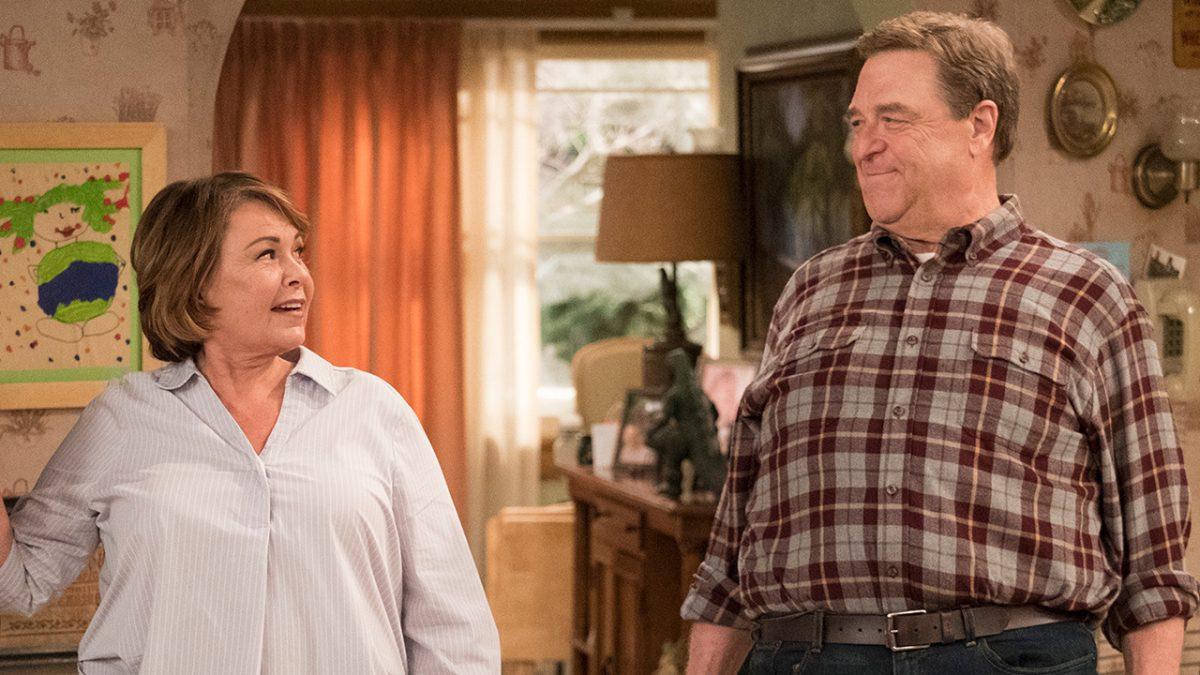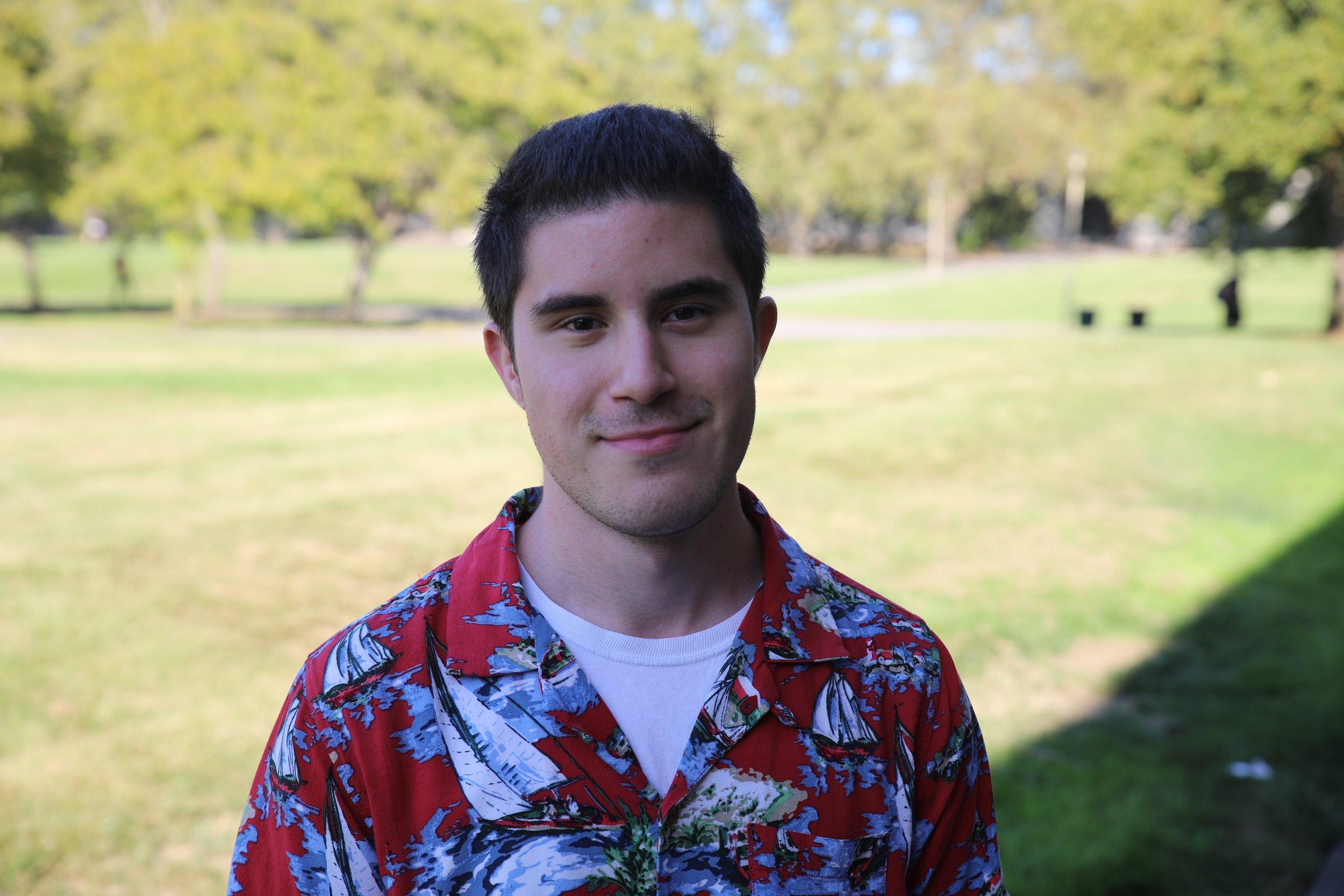Columnist Luis Mejia
Let’s play a game. It’s the mid ‘90s. I am a newly revolutionary breakout sitcom that has hit the waves of American syndication. I star a loud-mouthed, opinionated matriarch heading a hectic family struggling to make ends meet. My husband is an easygoing drywall contractor. My sister is a neurotically gullible victim of low self-esteem. My daughter is a sarcastic tomboy.
Together we make up the Connor household; one big, happy family and the blueprint for one of the most influential television shows of all time that just weeks ago saw an impressive comeback. Who am I? If you guessed “Roseanne,” congratulations, so did everyone else.
But in the wake of its record-breaking return at the end of March, according to Imagine Games Network, the hit series’ second coming did not thrill everyone. Look no further than the new season’s debut episode, where the topic of politics took center stage, except this time, the outcome was not as expected. Surprise, surprise, the main protagonist, Roseanne Conner, is a Trump supporter, and to no one’s surprise, a portion of Twitter quickly took exception, crying “bigotry” in a place it does not belong.
Likewise, The New York Times reports a portion of Twitter also took grandeur at the sight of an openly expressive conservative on the screen of an ABC program; a trope some viewers believe was long overdue. While the president’s name is never actually spoken, the implication is obvious, somewhat overshadowing the dialogue deserving more of a pondering session than a laugh track, especially now when the country is more divided than it has ever been.
According to Newsweek, one recent Rasmussen poll showed Trump with a 50 percent approval rating among voters and a 49 percent disapproval rating. Naturally, these type of reports are prone to becoming prey to the temptation of bias, but this did not deter from the impact of the point being made when Jackie Conner, Roseanne’s sister, asked why Roseanne voted for “him,” and her response was all too real.
“He talked about jobs, Jackie,” Roseanne said. It is not difficult to understand why such a promise would appeal to a character like Roseanne. Her foundation as a character was always based in the realistic portrayal of belonging to a lower-middle class family on a good day. She welcomed any hope she could get.
Meanwhile, Jackie represents the dynamic of an independent woman and single mother having endured her fair share of abusive relationships, thus resonating in an almost stereotypically appropriate identity for a Clinton supporter. In other words, the show makes sense, and people tune in because of that.
How about when Dan, Roseanne’s husband, ridiculed his grandson for wearing girl’s clothing and painting his nails? Is there not a discussion being held in 2018 regarding the confines of gender norms and masculinity, and that it means more than watching too many John Wayne movies? Or the inclusion of a black character into a previously all-white cast? Or a sassy teenager that talks back to her mother? The list goes on, but that’s just the first episode.
All viewers can do is receive these sentiments however they see fit. The point is the show is ambitious – a strategy it is no stranger to. Roseanne sheds light on a generational divide, representing her and Dan as dinosaurs in a world they basically do not understand anymore.
Since the ‘90s, the show has served as a social commentary bearing the mask of comedy in order to promote difficult discussions. Oddly enough, this is hardly a show guilty of promoting bigotry, or of making an effort to adopt one side over another. Instead, it brings them to the forefront, to be discussed, or at the very least entertained. And impressively, the result has indeed been entertainment.




































